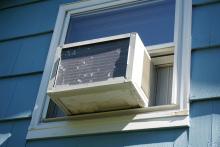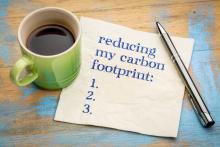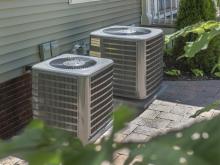Here are the latest blogs from our General Manager and other experts on energy efficiency, politics and policies.
By Shelley Navari
Good news for Vermont residents & the members of Energy Co-op of Vermont: Efficiency Vermont has broadened its income... Read more
By Shelley Navari
For many Vermont homeowners, installing their window A/C units is an unwelcome warm weather ritual. See how a heat pump... Read more
By Shelley Navari
Given the variety of wood pellet heating options and individual consumer preferences, there is really no such thing as a "... Read more
By Shelley Navari
Housing conditions should support good health. There are many factors that contribute to creating a... Read more
By Shelley Navari
There are numerous small steps you can take that can add up to significant reductions in your carbon footprint and help to... Read more
Now that the Inflation Reduction Act (IRA) has been implemented, here are some updates and helpful links to let you know what incentives you may... Read more
By Joe Cobb
Over the last five years, the Energy Co-op has installed over 1,000 ductless heat pumps for our customers and members in... Read more
By Brian Gray
If you do a Google search for "How much does a heat pump cost?" you'll probably get a long list of links from companies you... Read more
You may have heard the Energy Co-op call itself "A Different Kind of Energy Company". Because of our cooperative business model, our goal is not... Read more
By Brian Gray
50 years ago, 90% of the homes in Vermont were primarily heated with oil. Today, that percentage is down to 43%. But, while... Read more











